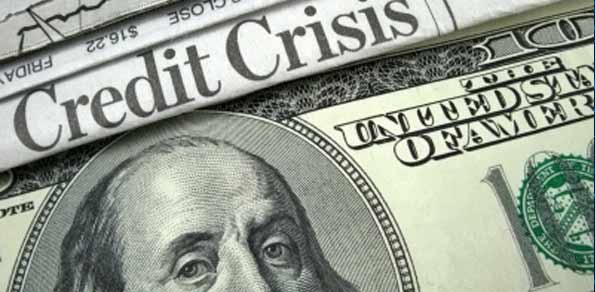The USA Congress estimates that the war waged in Afghanistan since ‘911’ has cost nearly $450 billion. That sum is equivalent to handing every Afghan man, woman and child $15,000. That sum is also 10 years of earnings for an average Afghan, according to U.N. estimates. That paradox is replicated in many of the fiscal and monetary decisions taken since 911 set off a chain of events, events which appear to be (once again) getting on top of the major political decision makers. Whilst all the media attention was focused on New York this weekend the G7 meeting in Marseilles received very little coverage.
Finance ministers and central bankers from the Group of Seven industrialised nations apparently pledged to respond in a “unified manner” to the global slowdown. However, they offered no specific steps or detail and differed in emphasis on Europe’s debt crisis. They appear to finally be; out of bullets, out of their depth and out of ideas. Other than the newly anointed very vocal IMF head, Christine Lagarde, who announced the recognition of the Libyan NTC as the legitimate government of Libya; “I will be sending a team in the field in Libya as soon as security is appropriate for my people to be on the ground”, no other news has emanated from the gathering.
With a back drop of violent demonstrations Greece has announced their latest austerity measures. The ‘sweetener’, that all ‘elected’ officials will lose a months salary, did nothing to quell the anger. Although the full details are still quite sketchy a property tax of up to 2% (based on the square metres of a property), will be levied on all property commercial or residential. This will be collected through electricity bills, the thought being that the tax will be impossible to avoid. However, workers and the main union at PPC, the energy company who will be principally responsible for collecting such a levy and which has circa 90% of the domestic supply market, are threatening strike action rather than collect the tax on the governments behalf.
Greek two-year notes yields surged to a record 57 percent on concern the country is sliding toward default. German Finance Minister Wolfgang Schaeuble repeated a threat over the weekend to withhold the next 8 billion-euro payment from the original rescue fund unless Greece shows it can meet fiscal targets agreed with the EU. Investors and speculators should prepare themselves to hear the default ‘taboo’ discussed repeatedly in the mainstream media over coming days and weeks. The softening up process, by playing hardball, has already begun in Europe’s powerhouse, Germany..
Philipp Roesler, economy minister and leader of Merkel’s junior coalition partner, the Free Democrats (FDP), told Die Welt; “To stabilize the euro, there can no longer be any taboos. That includes, if necessary, an orderly bankruptcy of Greece, if the required instruments are available.”
“The situation in Europe is really as serious as it has ever been. Until now, I did not think the euro would fail, but if things continue like this then it will collapse,” – former German foreign minister Joschka Fischer. Officials in Chancellor Angela Merkel’s government will now have to debate how to shore up German banks should Greece default and fail to meet the budget-cutting terms of its aid package.
The implicit threat made in mid August by the credit agency Moodys, to cut the ratings of; BNP Paribas SA, Societe Generale SA and Credit Agricole SA, France’s largest banks, will no doubt re-emerge this week due to their exposure to Greek debt.
As Asian markets fell sharply overnight the Euro also came under pressure, now reaching lows versus the Yen not seen since 2001. The Nikkei fell by 2.31%, the Hang Seng by 4.21% and the CSI by 0.18%. European indices have also fallen sharply; France’s CAC is down 4.32%, rumours of bank credit downgrades hitting sentiment and values hard.
The DAX is down 2.83%, at 19% lower (year on year) this is devastating to the frugal attitudes prevalent in German society given the impact this huge equity fall will have on; savings, investments and pensions. The European STOXX is down 4%, this index of fifty blue chips in the EMU is currently down 28.3% year on year. The UK FTSE 100 is down 2.38%. A fall below the psychological barrier of 5000 cannot be ruled out this week. The daily SPX future is signalling an open of circa 1% down. Gold has fallen by circa $10 an ounce and Brent crude by $143 a barrel. The euro has fallen by 0.73% versus the yen, sterling has fallen circa 0.98%. the Aussie dollar has been hit hard versus yen, the USA dollar and the Swiss franc. The belief that the Aussie commodities boom may be nearing it’s end is weighing down pacific indices, the ASX closed down 3.72%, 11.44% year on year. The NZX closed down 1.81%, the Kiwi is currently down 1.27% versus the yen.







Comments are closed.